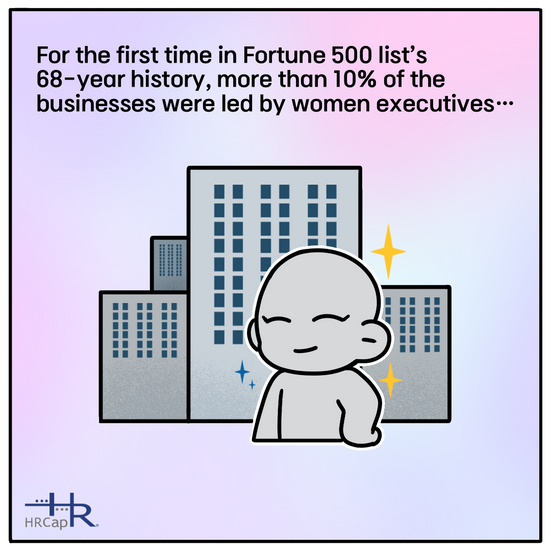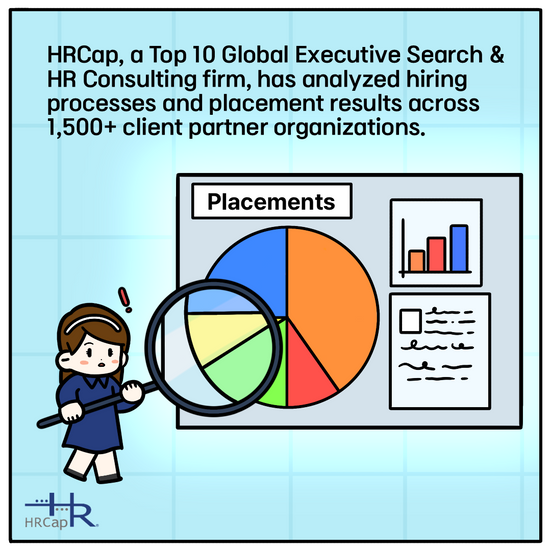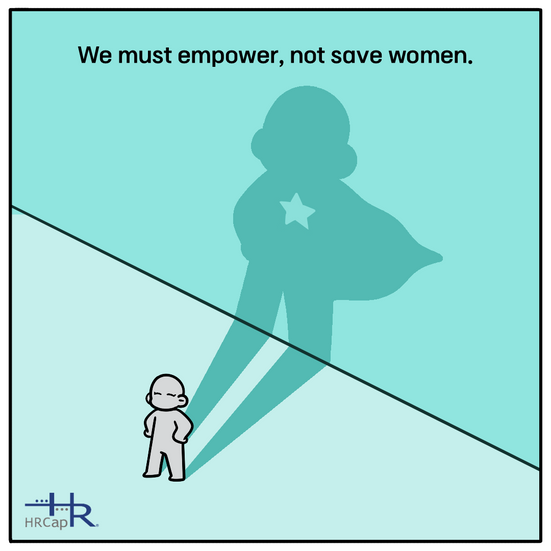Written by Stella H. Kim
Published March 21, 2024
Representation and Mentorship for Empowerment
Focus on Providing Opportunities Based on Equity, not Equality

“How can I best prepare to receive a promotion this year?” “How should I explain my career break in an interview?” “What is the right market salary for my experience?” “My kids are still young; are there any positions that allow work from home?” “How is the representation of women executives in the company?”
These are the most common questions that women candidates ask during career consultations.
In honor of International Women’s Day on March 8th and Women’s History Month celebrated throughout March in the United States, this column will be dedicated to the topic of women's empowerment in the workplace.
Women are still struggling to assume higher positions due to the invisible Glass Ceilings, to overcome having fallen victim to Glass Cliffs, and to advance early in their careers due to Broken Rungs.
McKinsey & Co. found that for the ninth consecutive year, women face their biggest hurdle at the first critical step up to manager. For every 100 men promoted from entry-level to manager, only 87 white women and 73 women of color were promoted to manager. As a result, men progress faster than women and take up 60% of manager-level positions.
Childbirth and childcare are among the leading reasons women miss out on their first promotion, and this issue with inequity has been so severe that it has coined the terms “motherhood penalty” in the U.S. and “gyeong-dan-yeo” in South Korea (an abbreviation describing “women with career breaks”). According to The Economist, research shows that 24% of women leave the labor force within the first year after giving birth, 17% remain absent from the workforce even after five years, and 15% fail to return especially after ten years.
How then are futuristic companies and innovative leaders breaking down the Glass Ceilings and repairing the Broken Rungs? Through increased women representation, support from male allies, and both mentorships and sponsorships, they have been empowering women to amplify their voices by providing opportunities with greater equity, not just equality.
Fortunately, there has been much progress and growth over the past 60 years. For the first time in Fortune 500 list’s 68-year history, more than 10% of the businesses were led by women and more than 30% of the board members were women in 2023. Booming industries are also showing more women representation across all executive, managerial, and entry levels.
HRCap, a Top 10 Global Executive Search & HR Consulting firm, has analyzed the hiring process and placement results across 1,500+ client organizations and found that our client groups have increased women's representation in executive roles, offered more equitable opportunities for women candidates, and executed on building a culture of diversity, equity, and inclusion.
According to HRCap’s historical candidate placement data, 56% of women candidates were offered interviews in early 2024, compared to 35% in 2016. So far in 2024, 63% of placements have been women candidates, compared to only 43% in 2016. Of those hired, more than 70% of women candidates reached out to proactively refer and recommend other women in their network, and requested to continue partnering with HRCap on strategic recruitment projects to build out their own teams. This demonstrates a strong commitment to empowering more women through meaningful mentorships and stronger representation.
Even with the Glass Ceilings shattered and Broken Rungs fixed, we need to continuously support women by backing up women leaders, leaning on each other, and advocating strongly from above. We must empower, not save women.
Stella H. Kim, SPHR
HRCap – SVP, Head of Americas & Chief Marketing Officer























































Comments